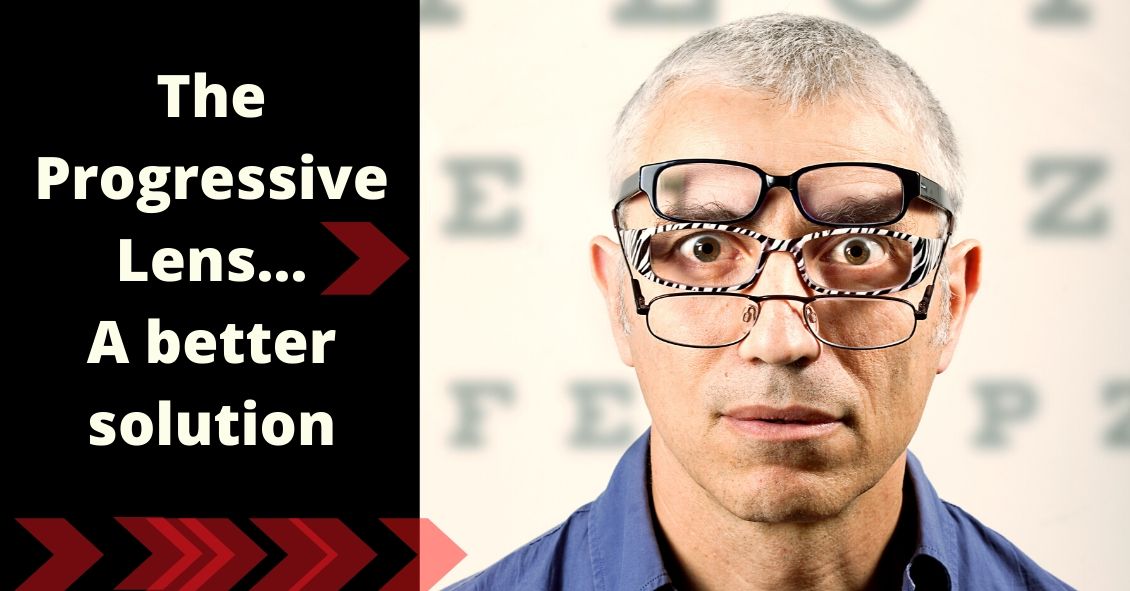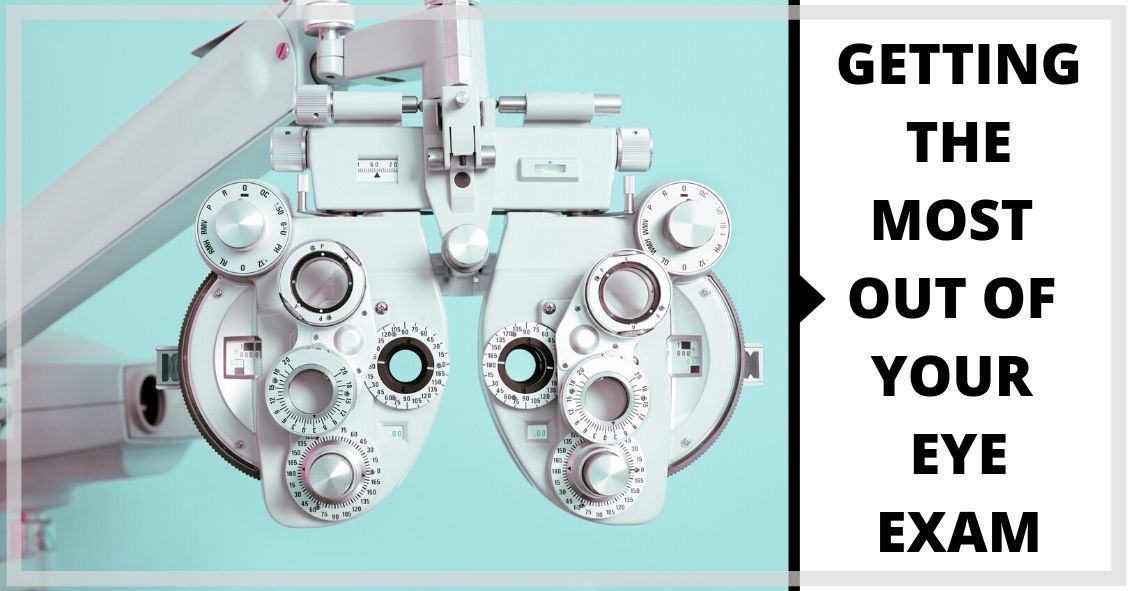Blog

A quick explanation and background of a progressive addition lens is necessary in order to understand the importance of choosing the proper lens for your needs.
A progressive lens gives people an array of prescriptions - placed in the proper positions throughout the lens - to best imitate normal vision. Imagine having the precise correction needed to see a television screen more than 15 feet from you, while reading this article on your desktop computer, and then looking down at your keyboard in order to start entering the address to your favorite website. This, in a nutshell, is exactly what the progressive lens is ideally capable of accomplishing with one pair of glasses.
Having the least amount of peripheral distortion, and one of the wider ranges in both distance power, astigmatism, prism, and add power availability, we find this lens to be very versatile. The most important thing to you is that this product feels very natural in front of your eye. For first-time...

The eye holds a unique place in medicine. Your eye doctor can see almost every part of your eye from an exterior view. Other than your skin, almost every other part of your body cannot be fully examined without either entering the body (with a scope) or scanning your body with an imaging device (such as a CAT scan, MRI, or ultrasound).
This gives your eye doctor the ability to determine most eye problems just by looking in your eye. Even though that makes diagnosing most problems more straightforward than in other medical specialties, there are still many things you can do to get the most out of your eye exams. Here are the top 7 things you can do to get as much as possible out of your exam.
1) Bring your corrective eyewear with you. Have glasses? Bring them. Have separate pairs for distance and reading? Bring them both. Have contacts? Bring them with you and not just the lenses themselves but the lenses prescription, which is on the box they came in. What we most want to...


